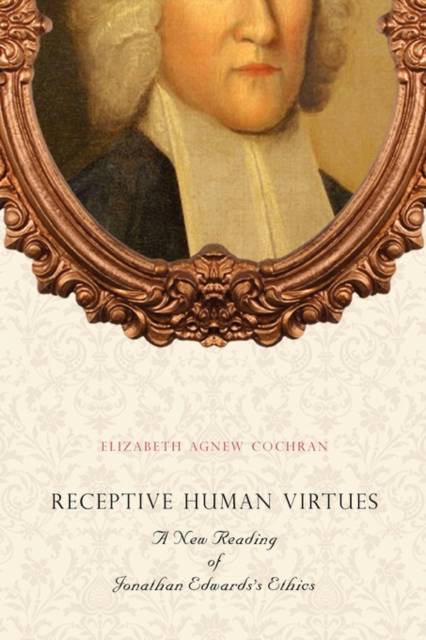
- Retrait gratuit dans votre magasin Club
- 7.000.000 titres dans notre catalogue
- Payer en toute sécurité
- Toujours un magasin près de chez vous
- Retrait gratuit dans votre magasin Club
- 7.000.000 titres dans notre catalogue
- Payer en toute sécurité
- Toujours un magasin près de chez vous
Receptive Human Virtues
A New Reading of Jonathan Edwards's Ethics
Elizabeth Agnew Cochran
Livre broché | Anglais
59,45 €
+ 118 points
Description
This book offers a new reading of Jonathan Edwards's virtue ethic that examines a range of qualities Edwards identifies as "virtues" and considers their importance for contemporary ethics. Each of Edwards's human virtues is "receptive" in nature: humans acquire the virtues through receiving divine grace, and therefore depend utterly on Edwards's God for virtue's acquisition. By contending that humans remain authentic moral agents even as they are unable to attain virtue apart from his God's assistance, Edwards challenges contemporary conceptions of moral responsibility, which tend to emphasize human autonomy as a central part of accountability.
Spécifications
Parties prenantes
- Auteur(s) :
- Editeur:
Contenu
- Nombre de pages :
- 216
- Langue:
- Anglais
Caractéristiques
- EAN:
- 9780271048451
- Date de parution :
- 15-11-13
- Format:
- Livre broché
- Format numérique:
- Trade paperback (VS)
- Dimensions :
- 152 mm x 229 mm
- Poids :
- 322 g







